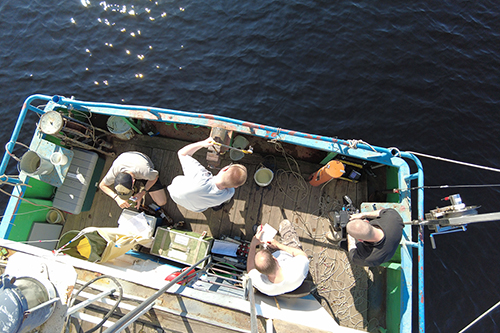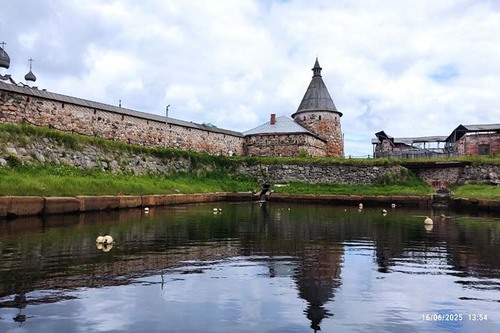The use of organic technologies is associated with the abandonment of the use of chemicals and mechanization and is considered environmentally friendly. At the same time, the resulting products are regarded as healthier than conventional ones.
– Nowadays, organic production is presented almost as a cure-all for a multitude of problems. I was curious to see how true this is, – the scientist told.
The title of the book reflects the controversial nature of organic production. According to the author, the healthiest products are often not the most environmentally friendly, and their production is not profitable. And vice versa: the most environmentally friendly products may have low nutritional value. So, we cannot generally say that organic technologies are definitely more environmentally friendly than industrial ones. For example, since the yield of organic agriculture is lower, it requires more farmland, which, in turn, necessitates forest cutting and leads to a reduction in biodiversity. The use of manure as fertilizer can augment greenhouse gas emissions, accumulation of nutrients in water and heavy metals in soil. It is also pointed out that nowadays organic products do not fully qualify as such, as there are no effective organic means of protecting some plants and a lack of some organic medicines for animals.
– Overall, however, we believe that organic production is essentially not about the methods and technologies used, but about a certain worldview of the producer. And although the methods and technologies do not yet fully live up to the worldview, they become increasingly closer to it as they develop, – noted Valentina Karginova-Gubinova.
Because of these controversies, it is so far impossible to fully abandon industrial technologies for organic ones. Rather, we can talk of a combination thereof. The expediency of using organic technologies is largely predicated not on the nutritional value of the products or even lowering of the environmental impact but on the development opportunities for depressed regions: experts argue that the use of organic technologies can at least slow down the loss of population from rural areas, in Karelia as well.

Valentina Karginova-Gubinova, Cand. Sci. in Econony
The scientist explains that organic production involves mainly manual labor and will provide more jobs than industrial production. In addition, the special value of organic products for consumers allows selling them with higher margin, owing to which small farms can stand the competition from large industrialized agricultural holdings that gain profit due to the scale effect.
Scientists believe that one more reason to develop organic production in the Arctic is the special dietary requirements.
– In general, we can say that local products are healthier for people living in the Arctic than imported products. Also, getting in touch with the nature will make them more psychologically resilient, especially given that depression, stress, and anxiety are more common in the harsh living conditions of the Arctic – the researcher explains.
Based on the results of the analysis, Valentina Karginova-Gubinova has formulated proposals for the authorities, agricultural producers and non-profit organizations. In particular, a new concept of building a mechanism for the development of the organic market is proposed. It involves the elimination of as many conflicts of interest as possible by modifying the technologies and methods of organic production, as well as the settlement of other discrepancies to ensure an optimal combination of economic efficiency and fairness.
For Russia, the priorities for improving the legislative framework and other regulatory institutions needed for the organic products market to develop have been identified. The proposed tools include building a broad range of its statistical indicators; introduction of several levels of organic products and variants of the Organic/Green label, as well as a special color mark for the transition period; review of the rural tourism concept used in Russian regulatory and legal documents, consolidation of the terms agrotourism and agroecotourism.
The matrix of choosing the optimal green marketing strategy has is proposed for producers so they can raise product promotion efficiency and recommendations on improving their outreach to social media audiences are provided.
More about the study and the scientists' proposals can be found in Valentina Karginova-Gubinova's monograph. The book “Inorganic Organics: development of the organic products market under the conflict of satisfiable interests” is openly available via the link (in Russian with English introduction and chapter summaries).






